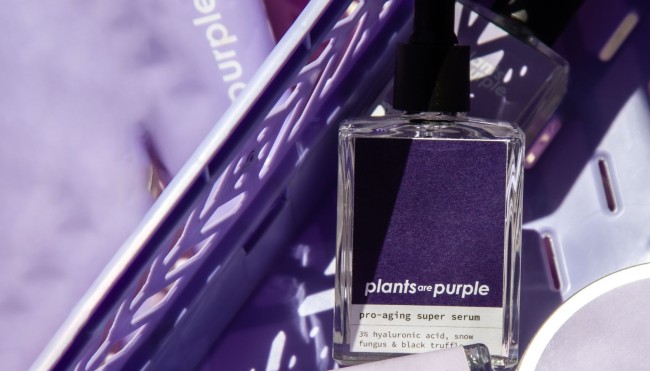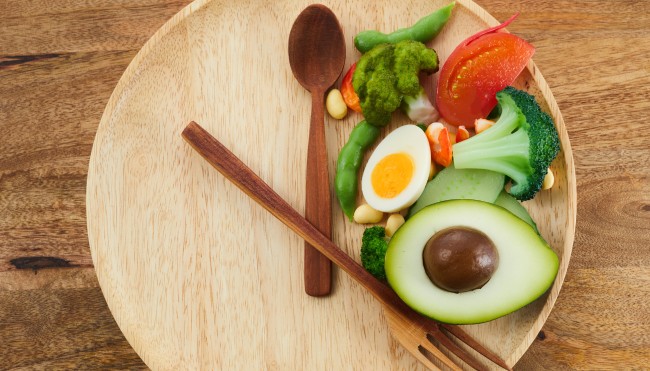How Healthy are ‘Light Products’?
No-fat, sugar-free, low-calorie, diet... these products promise something of the sort. According to their manufacturers, these healthy alternatives allow you to stay slim without making any compromises. But can light products keep their promises?
Hidden calories = Less fat, more sugar
Unfortunately, the alleged weight loss helpers aren’t as light as they claim to be. Admittedly, they usually do have a lower fat content, but most of the time they have just as many calories as conventional products. You should especially keep an eye on ‘light’ snacks like chips, cookies, and ice cream.
For example, the fat content in yogurt can be reduced, but at the same time, it can have just as much or more sugar. Often a single ingredient used more sparingly is enough to label a product ‘light’!
Furthermore, it can also have higher calorie content. Besides, less fat often means less flavor. As a result, adding calorie-rich substitutes, like carbs in the form of cornmeal, is not uncommon.
The fallacy of the light effect
On top of it all, lower fat content in light products represents a problem. Fat actually satisfies your hunger longer than sugar. After eating light products you often get hungry again much faster.
Therefore, we eat more, as well as more frequently, and thereby unknowingly take in more calories than we might have with non-low-calorie foods. This means that the desired light effect is practically nulled, and actually counter-productive for a diet.
Health risks from artificial sweeteners
Light products often contain artificially produced sweeteners that outsmart our brains. We taste sweet and believe that we’re consuming energy-rich food, but the desired supply doesn’t ensue, of course. Our brains want replenishment. “But the excess that it requests goes to your hips, and you get fat,” says brain researcher Achim Peters with reference to the german television channel “WDR”.
In addition, other undesired side effects are inevitable: common sweeteners like aspartame, saccharin, and sucralose are amongst those suspected of triggering glucose intolerance, which can often lead to diabetes. Moreover, sweeteners have an influence on our intestinal flora. Depending on the type of bacteria in your gut, we absorb nutrients to varying degrees, which also means illnesses can be fended off to varying degrees. Our immune system and metabolism also get off track.
What’s better? Consuming foods that are inherently light. Water instead of sweet lemonade, fruit and vegetables instead of allegedly light snacks, or cottage cheese as an alternative to over-sweetened yogurt.
A generally low-fat and low-sugar diet is much more suitable for weight loss than expensive light products. Doing away with processed foods, one of the biggest sugar traps, is also beneficial.





